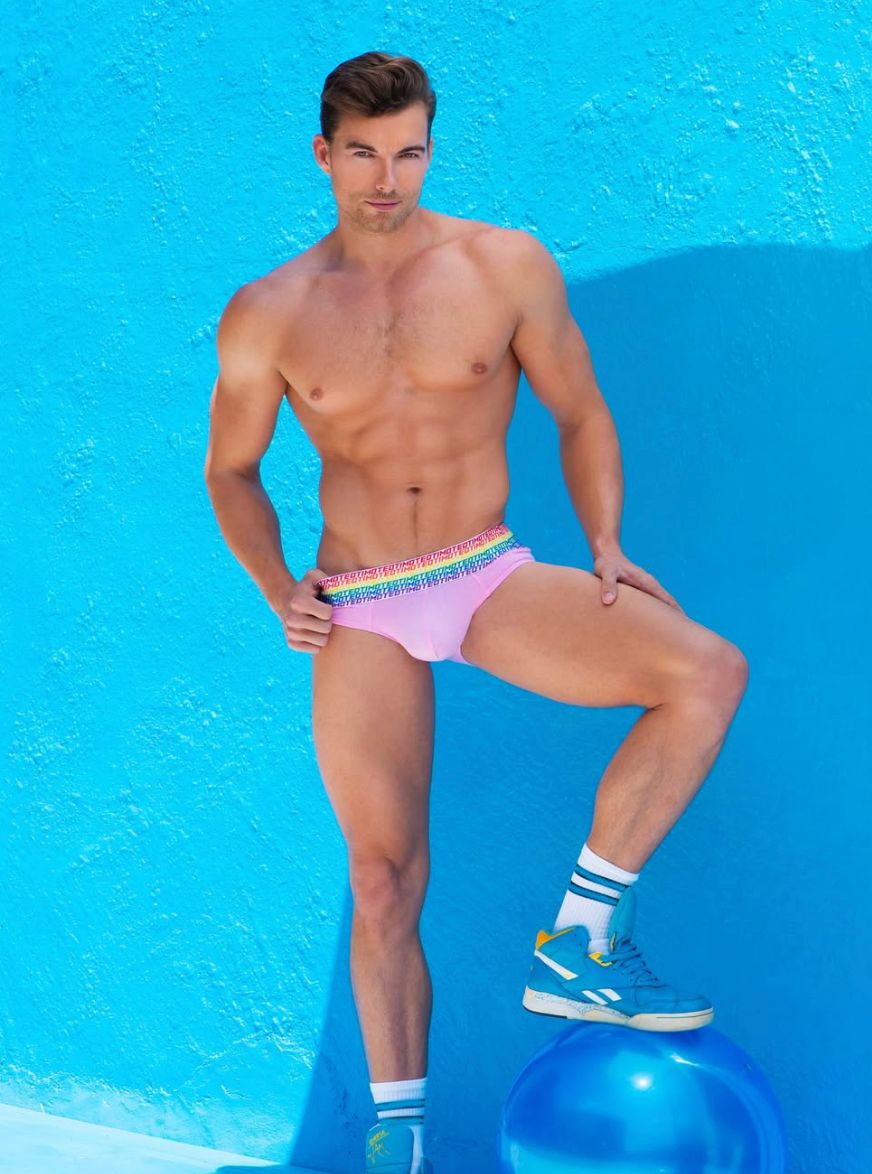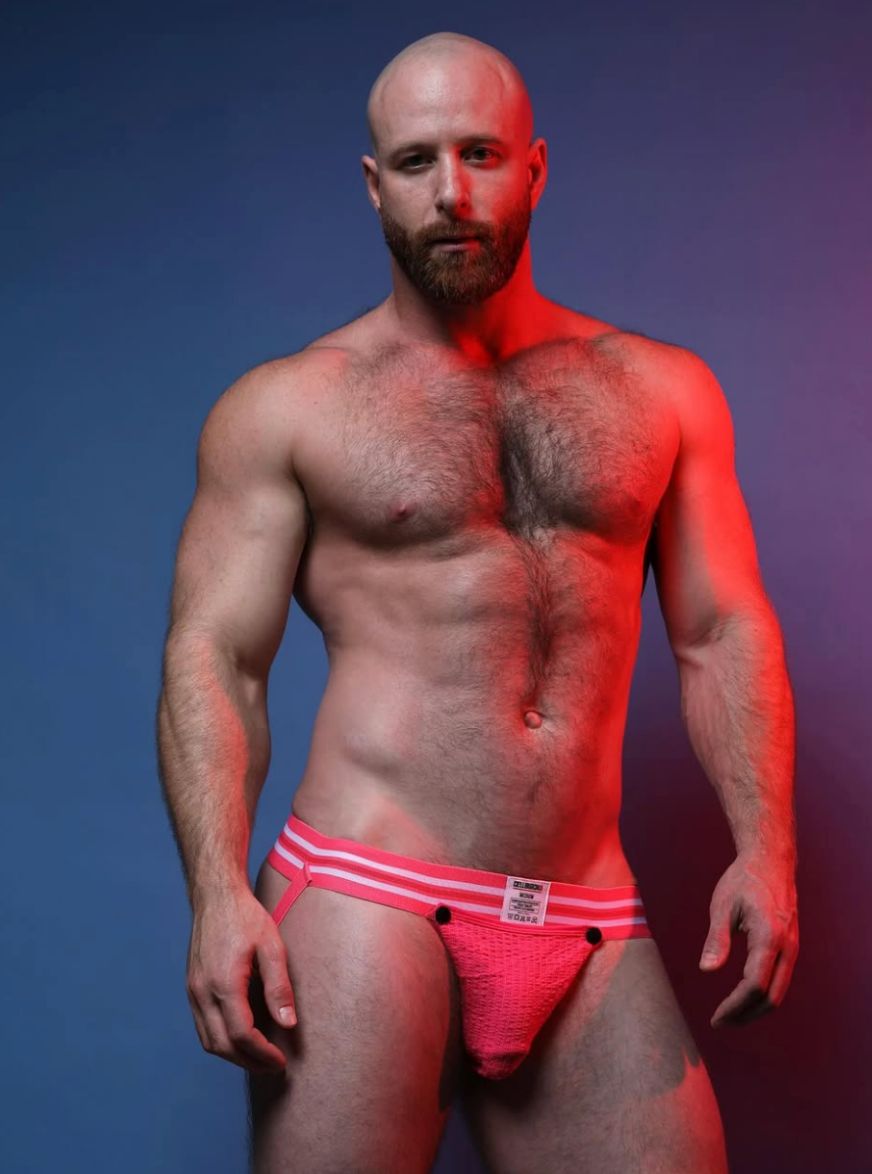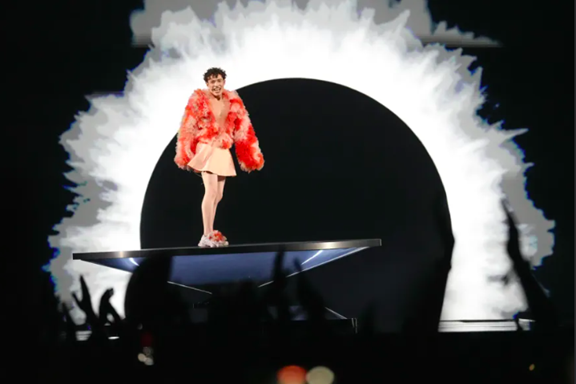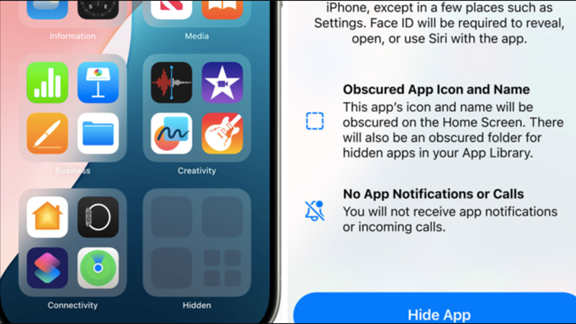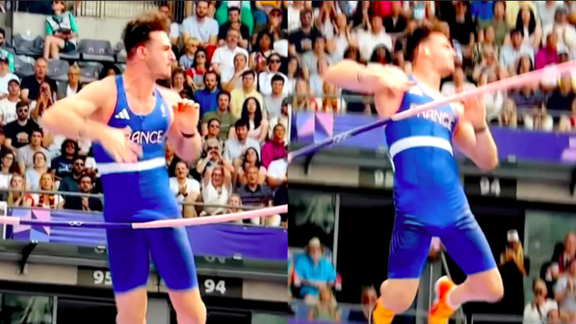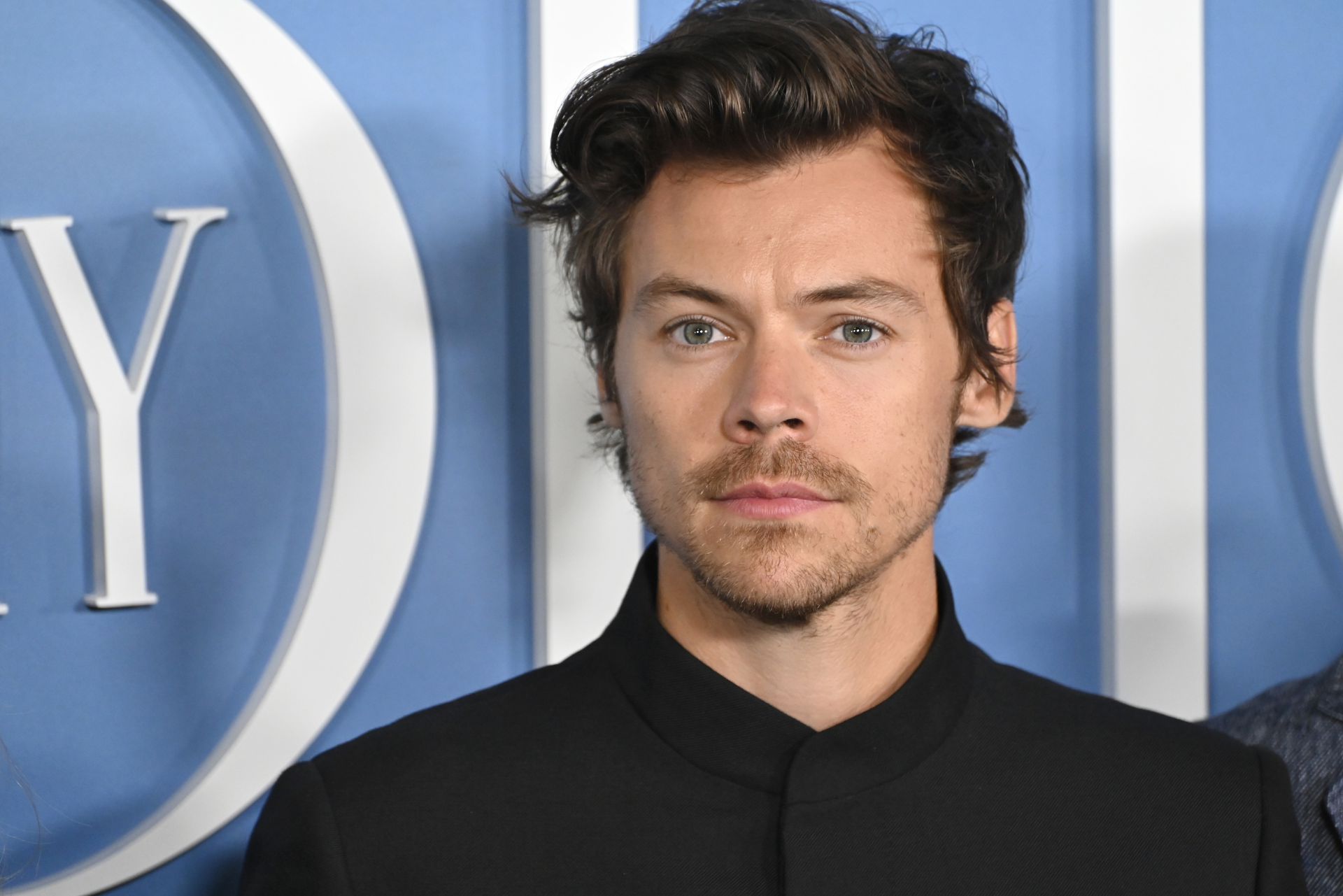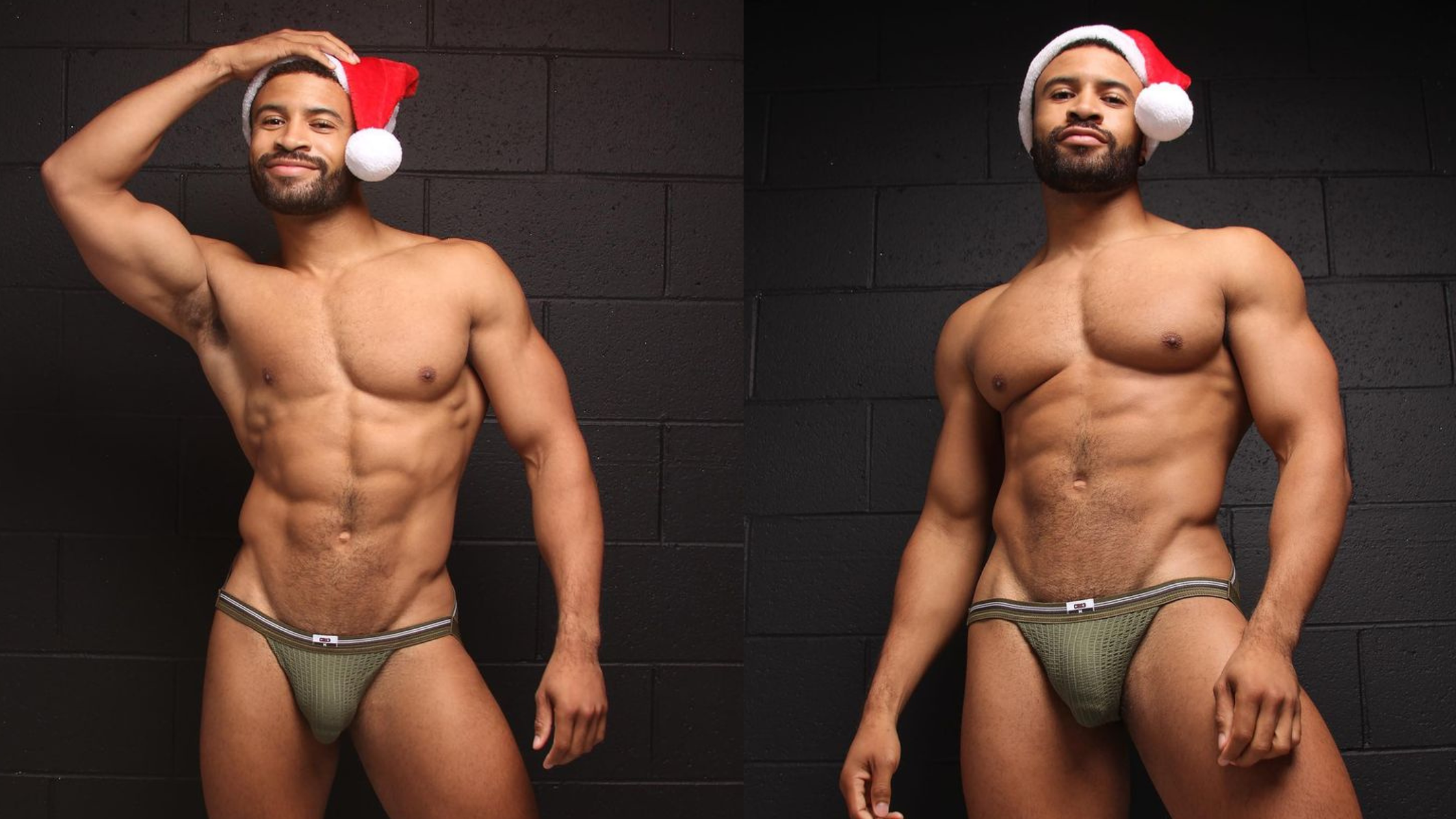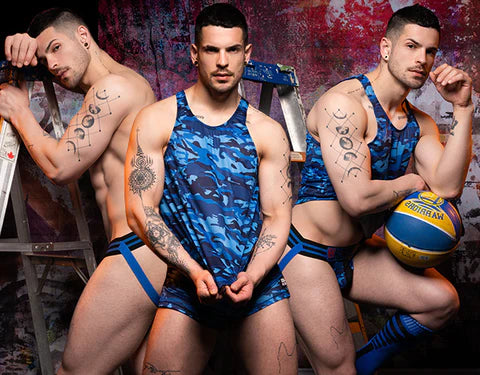Contents
Have you ever heard the word "androsexual"? It's a way some people describe who they're attracted to. Just like some people like boys and some like girls, androsexual people are attracted to guys or things that seem "masculine."
It's important to know about this because everyone is different, and that's okay! This article aims to shed light on what it means to be androsexual and why it's essential to recognize and respect this gender expression.
Understanding the Term Androsexual
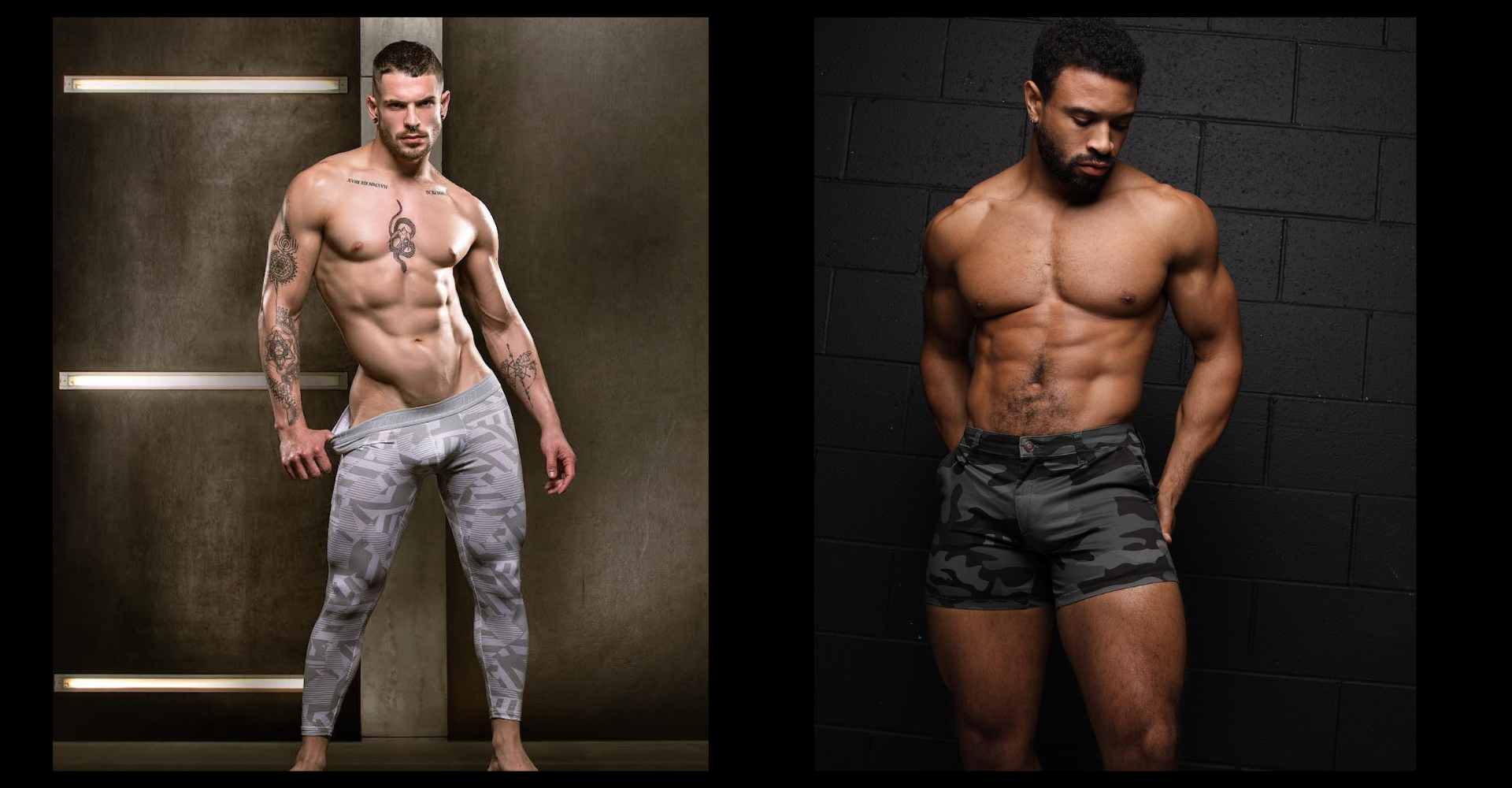
Being androsexual means that a person, no matter if they're a male gender or a female, likes guys or things that are "masculine qualities." It's different from liking someone just because you're a boy or a girl. Instead, it's all about liking those "male characteristics" qualities, no matter who you are.
In androsexuality, an individual is attracted to men, the masculine gender or traits, regardless of their sexual identity. Sexual orientation does not influence this gender, unlike heterosexuality or homosexuality.
The LGBTQ+ and Androsexuality
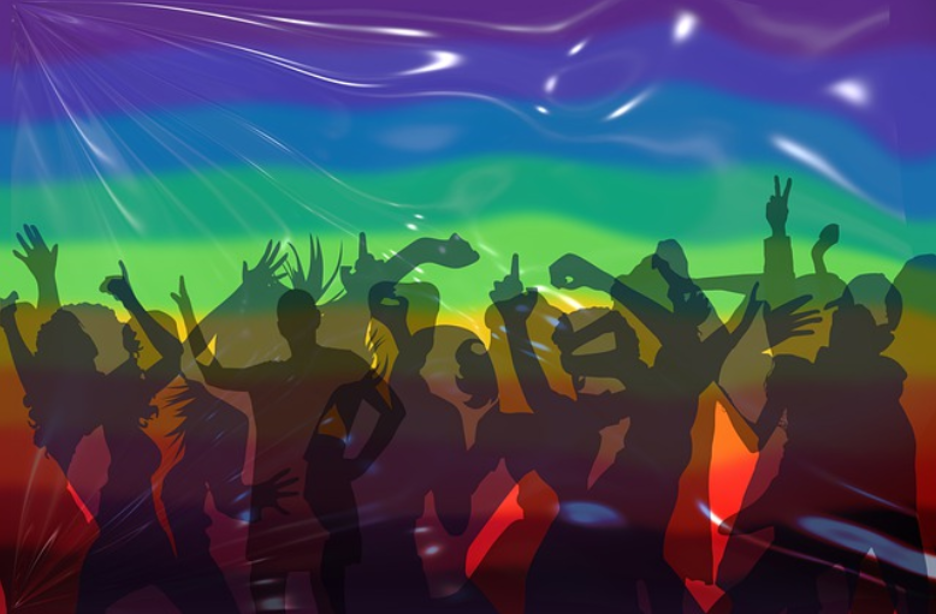
The LGBTQ+ community is extensive and diverse. Androsexuals hold a unique position within this spectrum, offering a unique perspective on gender identity.
Providing an inclusive sexual orientation perspective androsexuality challenges the conventional binary understanding of attraction. Traditional gender identities no longer limit sexual attraction to masculinity.
Inside the LGBTQ+ world, androsexual people help us see love in a new way. They show us that love isn't just about being a boy liking a girl, or the other way around. It's broader than gender identities.
Many androsexual folks feel really good when they can just be themselves. They have their own stories that teach us more about love and attraction. The LGBTQ+ community is like a big supportive family for them, making them feel at home.
Individuals who identify as androsexual also benefit from the visibility and acceptance of androsexuality within the LGBTQ+ community. Having a sense of belonging and validation affirms their experiences and gender identities. It can be highly empowering to feel part of a community, fostering self-esteem and helping to boost overall well-being.
Androsexuality and Fashion
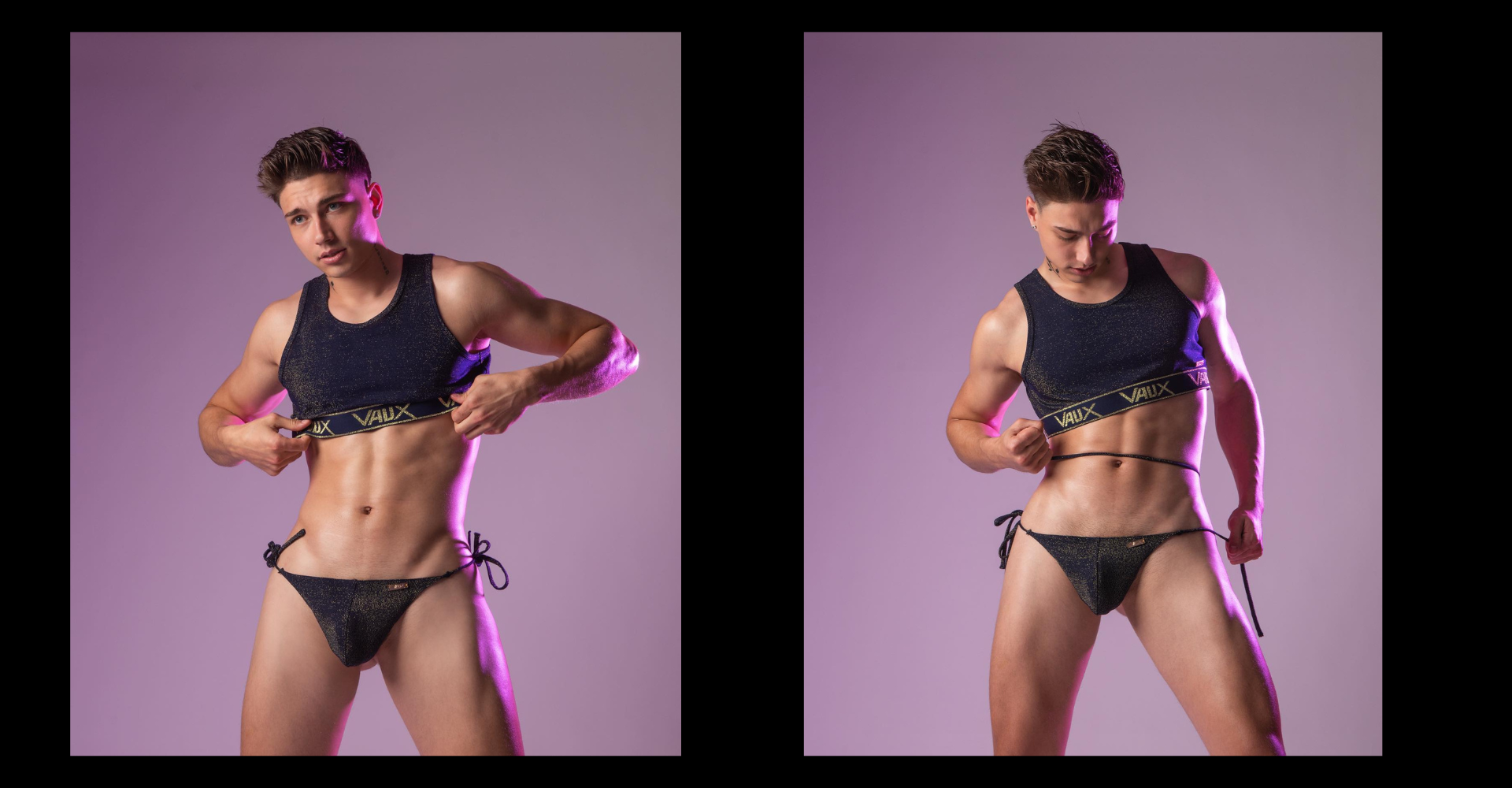
Fashion is a powerful form of self-expression. For an androsexual person, it's a way to show they like masculine traits. Androsexuality can influence personal style. Some individuals choose to incorporate elements of masculine people into their fashion choices.
Some might wear clothes that remind them of the male gender or things that feel "guy-like." At Timoteo, we understand and celebrate this diversity of gender expression. Our product range caters to all individuals, including those who identify as androsexual. The company believes in fashion that allows you to express your true gender identity.
Everyone needs to understand and accept all other gender identities. Timoteo supports the LGBTQ+ community and wants everyone to feel good in their clothes. We believe in letting everyone wear what feels right for their sexual orientation.
Challenges Faced by Androsexual Individuals
Androsexual people face problems because not everyone knows or understands what the term "androsexual" means. Some might feel left out, or like they don't fit in because others don't get it.
The main challenge androsexuals face is being recognized or understood as such. Many people are unaware of or misunderstand the concept of androsexuality, which is less well-known than heterosexual, homosexual, or bisexual gender identity. Androsexuals may feel isolated or invisible due to this lack of understanding.
Misconceptions about the term androsexual can also contribute to prejudice and discrimination. Some people might think this sexual orientation is the same as being gay or lesbian, but it's different. This mix-up of sexual orientations can make androsexual people feel misunderstood. This can lead to mislabeling and stereotyping of people who identify as androsexual, further marginalizing them.
Society has certain ideas about who should like who. Androsexual people don't always fit these ideas, making things challenging. They might feel pressure or even face mean comments.
Understanding oneself can be hard too. It can be tricky to figure out feelings of sexual attraction, especially when others might not get it. Many androsexual people find strength and support in their friends and communities.
Androsexuality and Media Representation
What we see on TV or in movies can shape how we think. In the past, shows and movies mostly talked about straight or gay people. But now, things are changing for their own benefit. We're starting to see more androsexual characters.
These characters like guys or "guy-like" things, whether boys or girls. They help us see that there are many ways to love and feel. But it's not just about having these diverse sexual orientations; they need to be shown in a real and respectful way.
When androsexual characters are shown in a good light, it helps androsexual people feel seen and understood. It also teaches others about androsexuality. We've made some progress, but there's still more work to ensure everyone's story gets told right.
Positive and accurate media representation of androsexuality sexual orientation can have a profound impact. It can validate the experiences of androsexual people, helping them feel seen and understood. It can also educate wider audiences, fostering understanding and acceptance of androsexuality.
Androsexuality and Mental Health
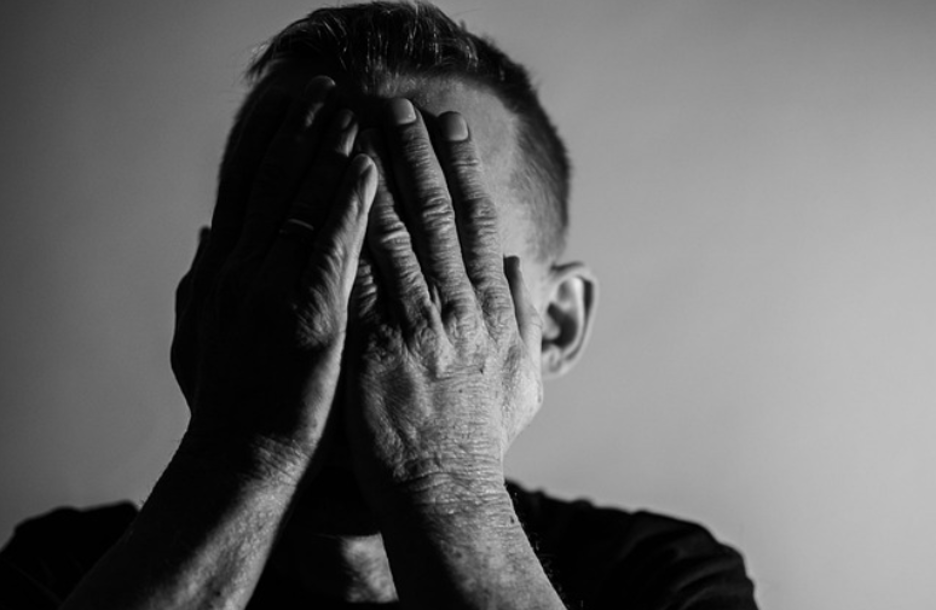
How we feel about ourselves can affect our minds and mood. For androsexual, it can be tricky sometimes. They might feel confused or alone because not everyone understands them. This can make them feel sad or worried.
Being mistreated or being misunderstood because they're androsexual can hurt their feelings. This can make some mental health problems worse.
But it's important to remember: being androsexual isn't a mental health problem. The tough times come from how others treat them or not understanding themselves. Good friends and getting the right help can improve things for androsexual people.
However, it's crucial to remember that being androsexual, like any other sexual orientation, is not a mental health disorder. Society's attitudes and lack of understanding present the biggest challenges for androsexual individuals. Support networks and mental health resources can play a vital role in mitigating these challenges.
A society that embraces and is inclusive of diverse sexual orientations, such as androsexuality, will be better. It's crucial to remember that everyone's experience with their sexuality is unique and valid. Timoteo encourages everyone to express their specific gender identity freely. It can be through fashion or other forms of self-expression. Our goal is to create a welcoming environment for all these diverse communities.










